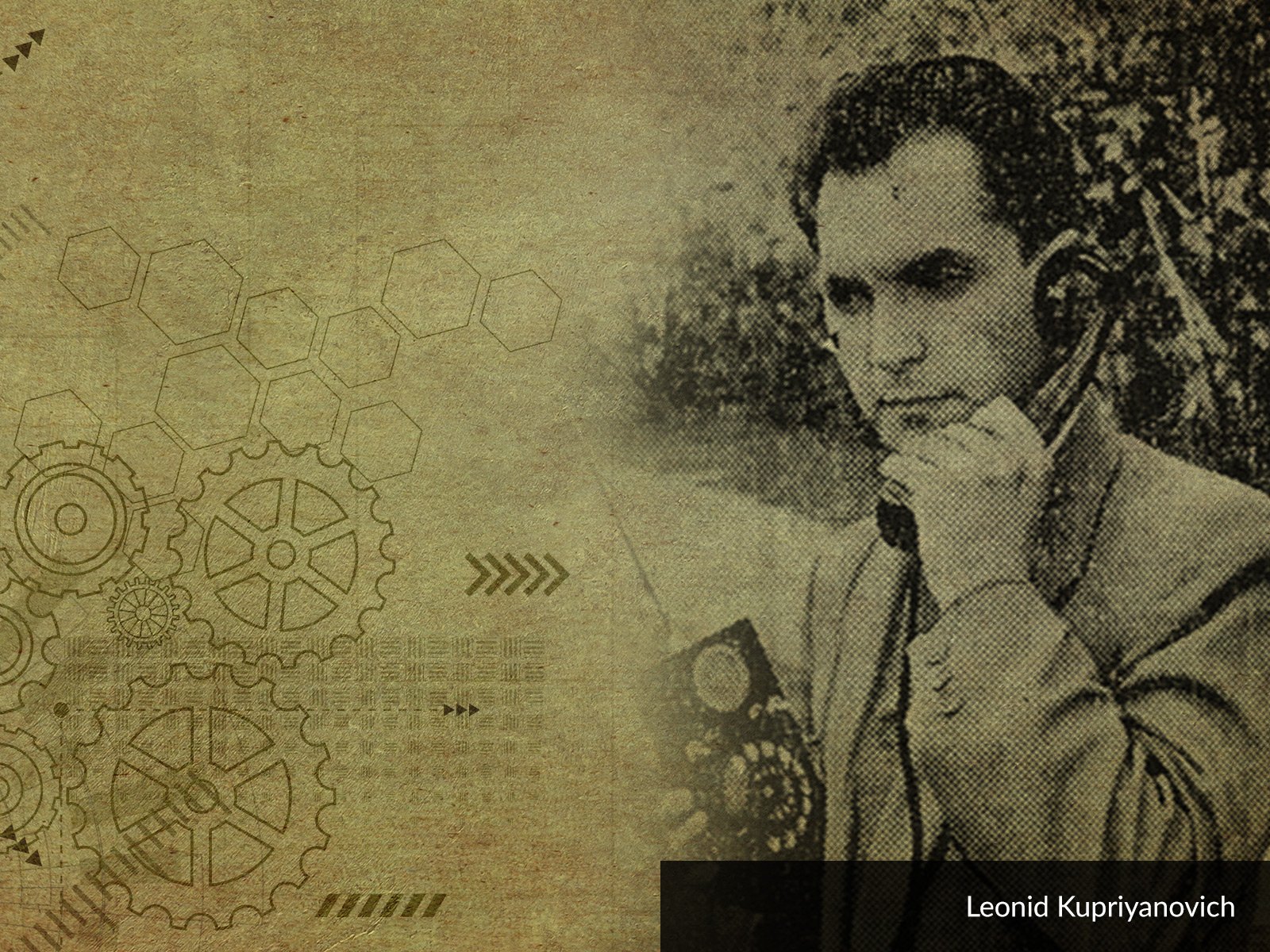
The beginning of 1775 was a very happy time for a bourgeois family in Lyon. On 20.01 Andre, the first and only son of a wealthy and respected silk merchant, was born. The boy had the luxury to learn in accordance with the latest trends, he chose to a large extent what interested him, and he had an extensive family library at his disposal. He often studied Encyclopaedia, or a Systematic Dictionary of the Sciences, Arts, and Crafts, which provided him with comprehensive knowledge. Andre Ampere was not only willing to learn, but also showed great talent. He wrote his first scientific dissertation at the age of 13. At that time, however, black clouds hung over France and his family. The outbreak of the revolution that shook Europe had a terrible effect on Ampere's fate - his father sided with the monarchy, which eventually led him to the scaffold. The death of his father was a shock that made Andre Ampere drop out of school for months.
However, social changes and the loss of his former status over time forced him to return to the world of science. To support his wife and new-born son, Ampere began giving private lessons in mathematics, physics, and chemistry, and set up a home laboratory where he could develop his ideas. His work entitled "Considerations on the Mathematical Theory of Games", which was appreciated by the community and made the researcher famous, was very important for the development of his career. Although Ampere had no formal education, he managed to obtain a position as a lecturer in Lyon. Later, after the tragic death of his wife and moving to the capital, the scientist began lecturing in Palaiseau and Paris. Napoleon later appointed him inspector general of the French university system.
His career was made possible by numerous achievements and breakthroughs, particularly in the field of electromagnetism, which at the time also interested Alessandro Volta. He mathematically explained the relationship between electrical and magnetic phenomena and formulated the famous Ampere's law, which is still used today. Interestingly, his claims were questioned by his contemporaries, and their validity was confirmed much later. Ampere did not limit himself to just one field. In his career, he has also created an artificial language project; he also focused on philosophy and chemistry. He also developed an electromagnetic telegraph, which was refined over time by Carl Gauss and Wilhelm Weber. Despite much merit and recognition, Ampere did not achieve what we would call happiness and fulfilment in life. Traumatic experiences in his youth and the premature death of his wife left their mark on him. He sought solace in religion, but religion did not bring him relief either. His tombstone bears the Latin epitaph he wrote for himself: tandem felix (happy at last).
Andre Ampere's achievements do not seem ground-breaking today, but when we think about it, it turns out that this is because the French scientist's discoveries have become the absolute basis that we take for granted in our everyday work. From this perspective, it is not surprising that Ampere is commemorated on many levels - he was among the 72 outstanding inventors whose names are inscribed on the Eiffel Tower (just like Charles-Augustin Coulomb). The SI unit of electric current bears his last name. The International Electrician Day is celebrated on 10th June, the day of the death of the French scientist and physicist.
The unit of measurement of electric current, the ampere, established in 1881, is named after him. It is used by every electrician and electronics engineer - the familiar capital letter A can be found on every multimeter or fuse. Current measurement is the basis for calculating electricity consumption. The ampere unit appears in the documentation of passive components, semiconductors, and electromechanical devices. However, Andre Ampere's work focused primarily on the mathematical description of the phenomenon of electromagnetism, now widely used, e.g., in motors). This shows how quickly Ampere saw electricity as an opportunity for the development of civilization.
in the age of digital current sensors and clamp meters, it is hard to imagine how the French scientist's experiments were conducted - how much creativity was required during processing, data collection and drawing conclusions. Back then it was a task for truly outstanding people. Today we can only smile bitterly at the thought that everyone may have heard about amperes at school, but not everyone has heard about the one and only Ampere.





